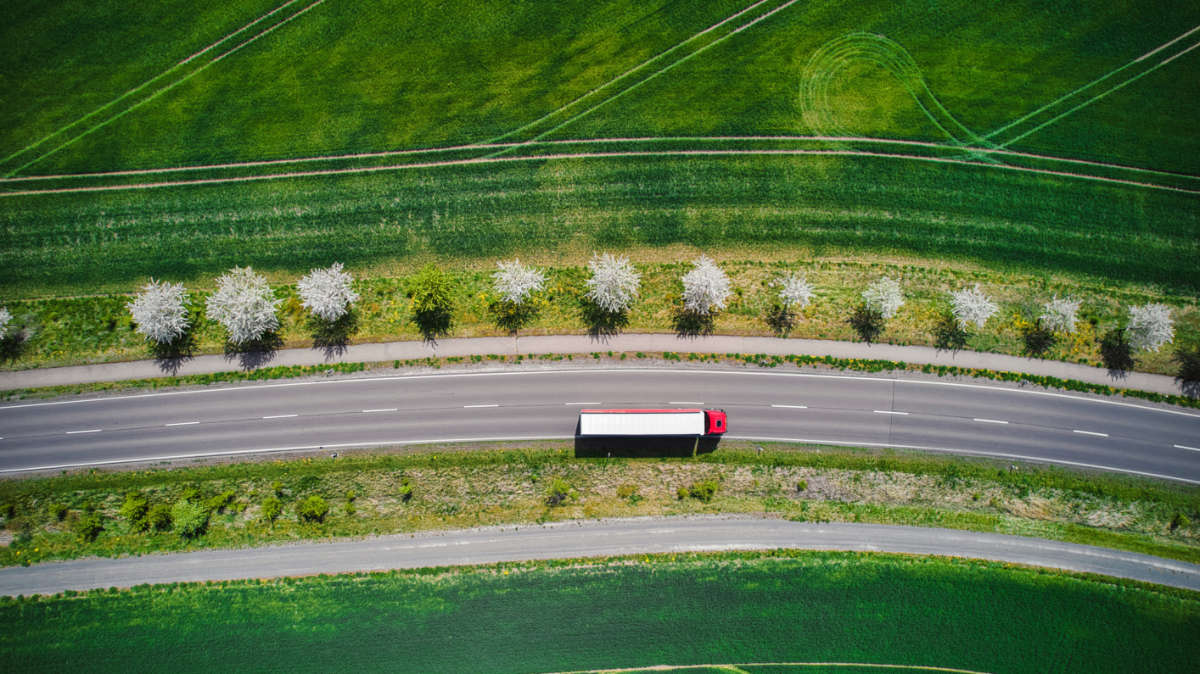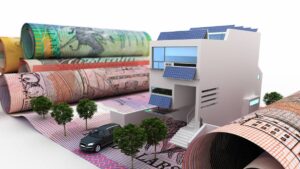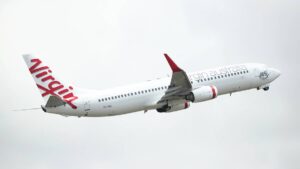The road to sustainable freight: A call for collaborative action

FreightExchange advocates for optimising supply chains to reduce carbon emissions. Image: Getty.
Special Report: Freight transport – a very important artery in the lifeblood of the supply chain – is at a turning point.
As the world faces its most significant existential threat, climate change, the industry responsible for a staggering 12 per cent of global CO2 emissions finds itself under pressure to decarbonise and plot a course for a greener, more sustainable future.
Ramping up an already heated race to net-zero emissions by 2030, Australia has thrown down the gauntlet to industry after industry.
As the pressure mounts to address climate change, companies at the forefront of innovation in sustainable packaging and fleet optimisation are increasingly taking center stage.
Among these trailblazers are companies like KoolPak, Planet Protector Packaging, and Adiona Tech, each contributing unique solutions to the pressing challenge of decarbonising the supply chain.
KoolPak, for instance, specialises in eco-friendly packaging solutions, offering alternatives that minimise environmental impact without compromising on functionality.
Meanwhile, Planet Protector Packaging champions compostable and recyclable packaging materials, paving the way for a more circular economy.
Adiona Tech, on the other hand, focuses on fleet optimisation, leveraging cutting-edge technologies to enhance the efficiency of freight operations. Through initiatives like route optimisation and vehicle electrification, it aims to reduce carbon emissions and mitigate the environmental footprint of transportation activities.
Another company leading this charge is FreightExchange, which has advocated optimising supply chains to reduce carbon emissions.
Leading the call for accelerated transition is FreightExchange founder and CEO, Cate Hull.
“While we’ve worked tirelessly to optimise the supply chain to minimise carbon emissions, retrofitting freight vehicles is necessary to reach net zero,” she said.
The scale would be nothing short of overwhelming: Converting millions of vehicles to run on hydrogen or electric batteries would cost nearly $279 billion.
This will also require retraining legions of diesel mechanics to retrofit and maintain these next-generation electric and hydrogen-powered vehicles.
“We can’t solve these problems on our own, simply as an industry,” Hull says. “The only way that these questions are ultimately addressed is through supportive government policies and incentives.” .
Yet, the current policy landscape paints a concerning picture.
The federal government’s continuation of fuel tax credits, set to cost $41 billion over the next four years, would act as an incitement that blunts pressure on significant fossil fuel users to electrify operations or invest in more efficient equipment.
This reliance on fossil fuels, Hull argues, undermines the industry’s efforts to decarbonise.
“Is this the time to be redistributing fuel tax credits towards investment in more sustainable technologies?”
Amidst this call to action, pockets of progress can be found as some industrial leaders discover proactive ways toward decarbonisation. Aurizon recently announced it will electrify its rail fleet, an essential move for a major freight operator, given that emissions from rail freight are up to 10 per cent of road freight in Australia.
At FreightExchange, the commitment to sustainability extends beyond mere rhetoric. The company introduced a modern tool for CO2 reporting to strengthen its credibility with an ever-increasingly demanding clientele in emissions transparency.
The highly innovative approach allows for real-time tracking of CO2 emissions from freight operations. Thus, it aids the customer in deciding precisely which product will produce the minimum emissions regarding their environmental aims and carbon emission targets.
“We’re delivering so much more than logistics solutions; we’re delivering sustainable impact,” she said. “While commendable efforts are being made, they are simply too few to bring about the changes that could be made.”
Public and private collaboration must fill that gap.
“Staying committed to our decarbonisation journey, I call upon the government to show their support to make freight transportation green and efficient for the future.”
This article was developed in collaboration with FreightExchange, a Stockhead advertiser at the time of publishing. This article does not constitute financial product advice. You should consider obtaining independent advice before making any financial decisions.
Related Topics
UNLOCK INSIGHTS
Discover the untold stories of emerging ASX stocks.
Daily news and expert analysis, it's free to subscribe.
By proceeding, you confirm you understand that we handle personal information in accordance with our Privacy Policy.








